Monaco looks like a tiny world of glitz and glamor. Its shiny buildings and famous casino catch many eyes. But this small city-state has many layers. After spending weeks there, I noticed how the quiet corners and local rhythms tell a different story. Monaco’s charm is not just in its big events or yachts. It lives also in its narrow alleys, delicious smells from bakeries, and conversations in coffee shops. If you visit, you will see how practical tips mix with unexpected moments. Let me share what makes Monaco a rich place to feel and understand.
Table of Contents

Monaco’s Landmarks and Surprising Stops
The first picture many have of Monaco is the Monte Carlo Casino. This famous building is not only about playing cards and bright lights. It has fine architecture in Belle Époque style, full of beautiful details from the early 1900s. The casino’s gardens also invite quiet walks where you can spot vivid flowers and elegant palms. Nearby, the Opera House offers music and arts, a cultural gem often missed by quick visitors.

You cannot miss the Prince’s Palace on the Rock of Monaco. Its walls hold centuries of royal life. Watching the changing of the guard gives a small show of history and tradition. In the palace courtyard, you can glimpse the Mediterranean Sea stretching wide and blue. For those who enjoy stories, the palace museum shares tales of past rulers and key moments in Monaco’s independent identity.

For a quieter break, stroll through the old neighborhood called Monaco-Ville. Its narrow streets are like a little maze with stone houses, colored shutters, and balconies full of flowers. This area feels like a village tucked inside the city. On a sunny day, you might join children playing or locals chatting on benches. These simple scenes create a living postcard moment.
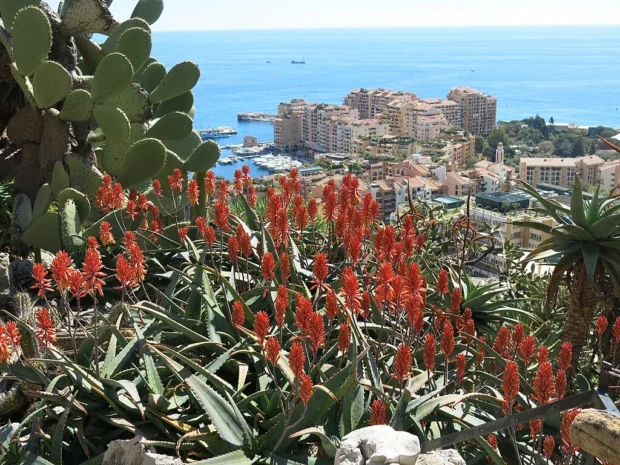
Getting Around Monaco with Ease
Monaco is small, about 2 square kilometers, so walking is often the best way to explore. The city’s hills and narrow roads invite slow discovery. If your feet need a rest, public buses connect key spots fast and cheaply. These buses run often and are easy to use with clear stops marked. From Nice Côte d’Azur Airport, a train ride to Monaco station takes about 30 minutes. The station is near the shore, making it convenient to start your visit along the harbor.
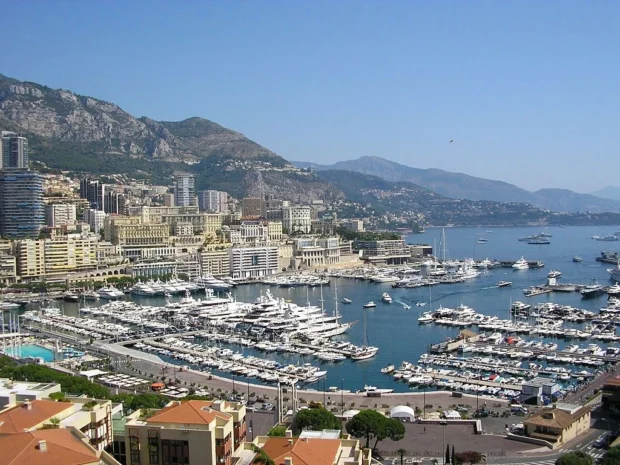
One thing to remember: Monaco has steep streets. Comfortable shoes are a must. Also, some short tunnels and narrow roads may surprise you. But these quirks add to the urban character here. Walking gives you the best chance to notice small details: an old street lamp, a piece of art on a wall, or a flower vendor’s colorful display.
After soaking in Monaco’s charm, discovering Palermo’s vibrant streets and rich history offers a perfect continuation to wander through a lively Mediterranean city.
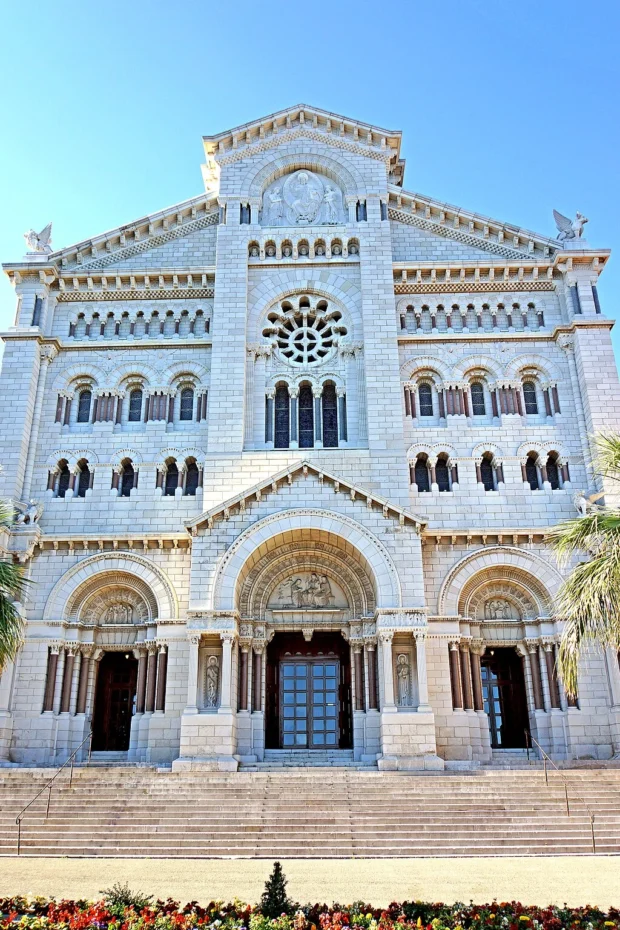
Taste Monaco’s Special Flavors in Different Neighborhoods
Monaco’s food culture reflects its location and style. Near the harbor, restaurants serve fresh fish and Mediterranean herbs, simple but rich in flavor. I found a small bakery in Fontvieille district where the almond croissants smelled heavenly each morning. The mix of French and Italian cooking traditions becomes clear in dishes like Barbagiuan, a stuffed pastry local to Monaco, often filled with Swiss chard and ricotta cheese.

If you walk toward the Condamine area, markets buzz with life in the morning. Local vendors offer soaps, olives, and fresh fruits. I once stopped for a coffee at a small café, its rustic wooden tables warmed by sunlight. Nearby, a baker proudly shared stories about how he learns techniques from older generations. These moments show Monaco’s culinary heritage is alive, not just a tourist show.
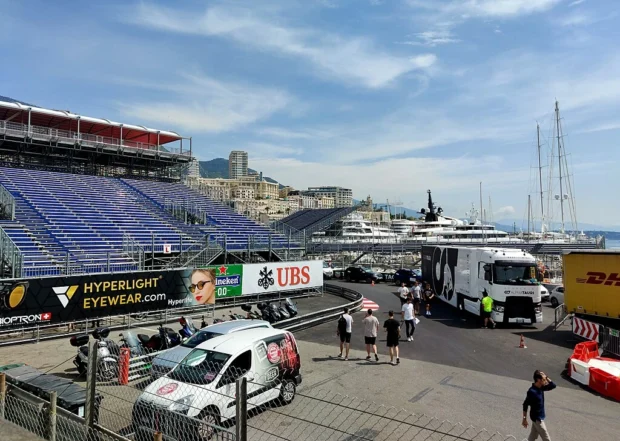
Monaco’s Cultural Customs to Know
When speaking with locals, I learned a few easy customs to respect. Monaco is formal but friendly. Dress neatly when visiting important places like the casino or the palace-simple elegance is appreciated. Greetings usually include a light handshake or two kisses on the cheek between friends. It is polite to speak softly in public spaces; loud voices stand out here.
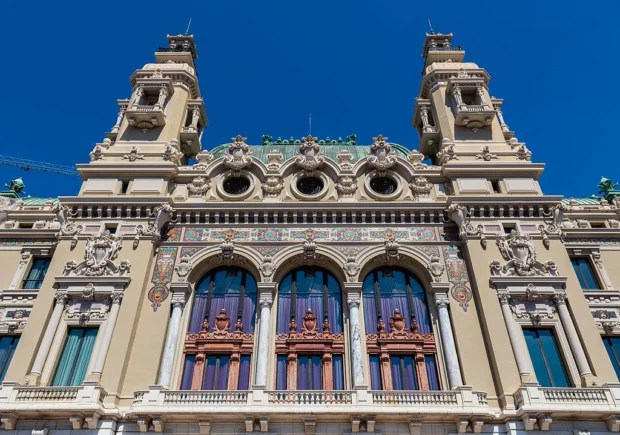
Monaco’s citizens value discretion and privacy. They welcome visitors but expect respect for their quiet lifestyle. Try to avoid eating while walking in crowded areas, as it is not common here. These small do’s and don’ts help blend in smoothly.
Curious Tales and Facts about Monaco’s Past
One quirky detail many miss is that Monaco is one of the world’s smallest countries but one of the richest per person. Its independence dates back to the 13th century, with complex stories involving neighboring powers. The Grimaldi family, who still reign, began their rule in 1297 in a surprising way. Legend says François Grimaldi, disguised as a monk, snuck into the fortress and took control. This clever act is still celebrated in Monaco’s coat of arms, where two monks hold swords.
Monaco’s Formula 1 Grand Prix is famous worldwide, but behind the speed is a city built on land reclaimed from the sea. The Fontvieille district, full of modern buildings and a marina, is a result of this careful urban engineering. Walking here, you feel how human creativity reshapes nature for lifestyle and sport.
Where to Feel Monaco’s Local Spirit at Night
When daytime fades, Monaco changes face gently. Local bars and cafés become places of warm conversation. I found a little wine bar near the Condamine market, popular with residents, where people share stories about the day. It felt like a community hub, away from tourist crowds. Street musicians sometimes appear in public squares, adding a soft soundtrack to the evening.
Some terraces overlook the harbor with yachts sparkling under lights. Sitting there with a fresh pastry or a glass of local rosé gives the perfect quiet close to a busy day. Even in a place known for luxury, these human moments make Monaco feel like a home.
Final Thoughts on Visiting Monaco’s Quiet and Shine
Monaco is a mosaic of contrasts. Glitter and calm, tradition and change, big events and small stories mix elegantly. The city’s small size invites slow exploration. Taking time to walk, talk to people, and taste food in different districts opens a deeper view. Beyond postcards and famous places, Monaco offers a sensory experience, a chance to connect with its culture and history quietly but clearly.
If you want to learn more about official events and places like the Monte Carlo Casino, feel free to check their official site for current programs and tickets.
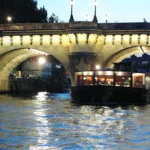
Lover of cities, local cafés, and historic streets, exploring urban life with attention to architecture and culinary delights.
- Port de Monaco février 2022 by Ismael zniber on Wikimedia Commons – cc by 4.0
- Casino de Montecarlo, Mónaco, 2016-06-23, DD 04 by Diego Delso on Wikimedia Commons – cc by-sa 4.0
- Cannons and Prince's Palace of Monaco IMG 1192 by Alexander Migl on Wikimedia Commons – cc by-sa 4.0
- Musée Océanographique de Monaco – panoramio – kajikawa (3) by kajikawa on Wikimedia Commons – cc by 3.0
- MONACO HARBOUR 8 – panoramio by otterboris on Wikimedia Commons – cc by 3.0
- Monaco-002575B – Cathedral of Our Lady of the Immaculate Conception (15414415693) by Dennis G. Jarvis on Wikimedia Commons – cc by-sa 2.0
- Circuit de Monaco – Virage de la Piscine (54799643008) by crash71100 on Wikimedia Commons – cc0
- Casino de Montecarlo, Mónaco, 2016-06-23, DD 05 by Diego Delso on Wikimedia Commons – cc by-sa 4.0
